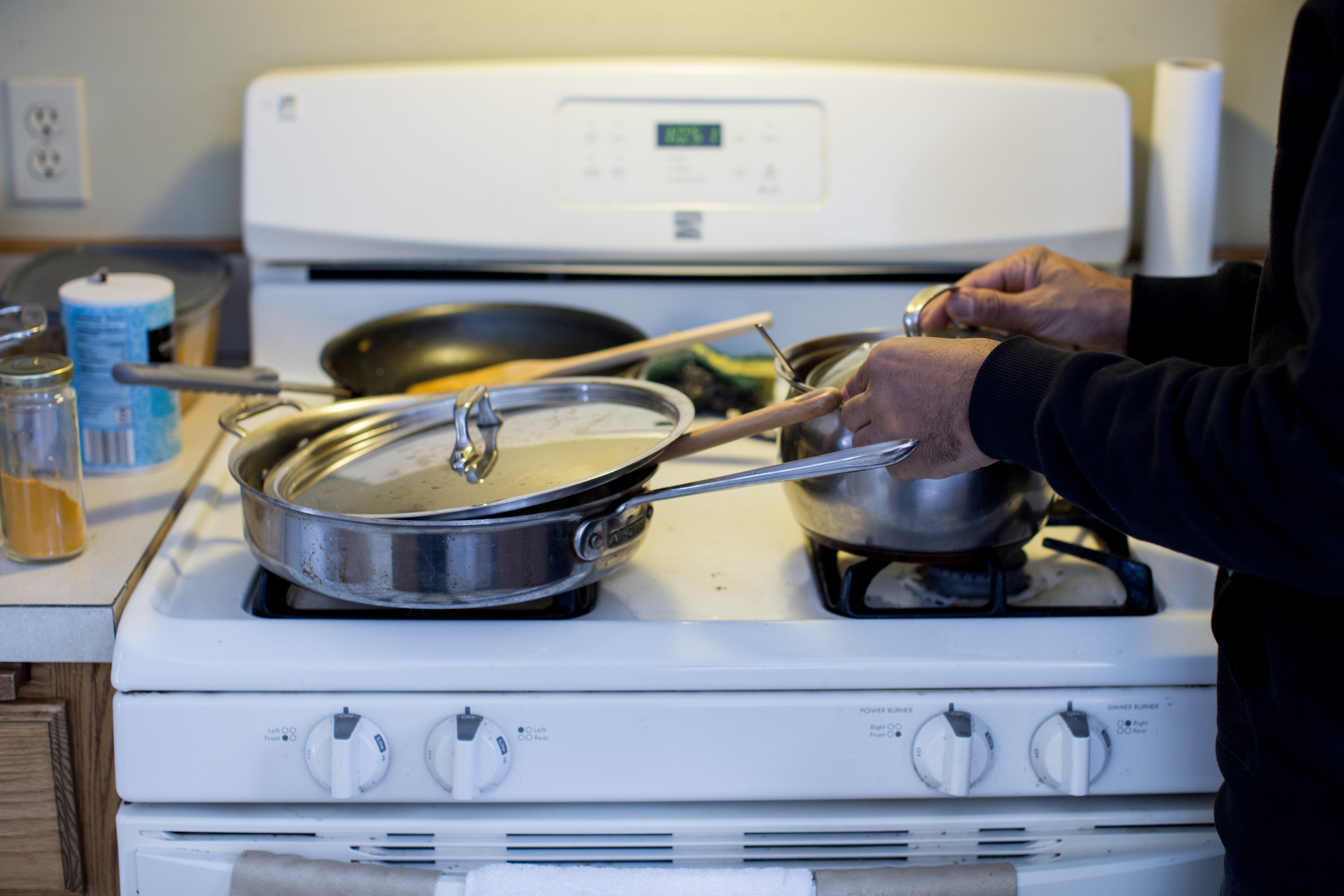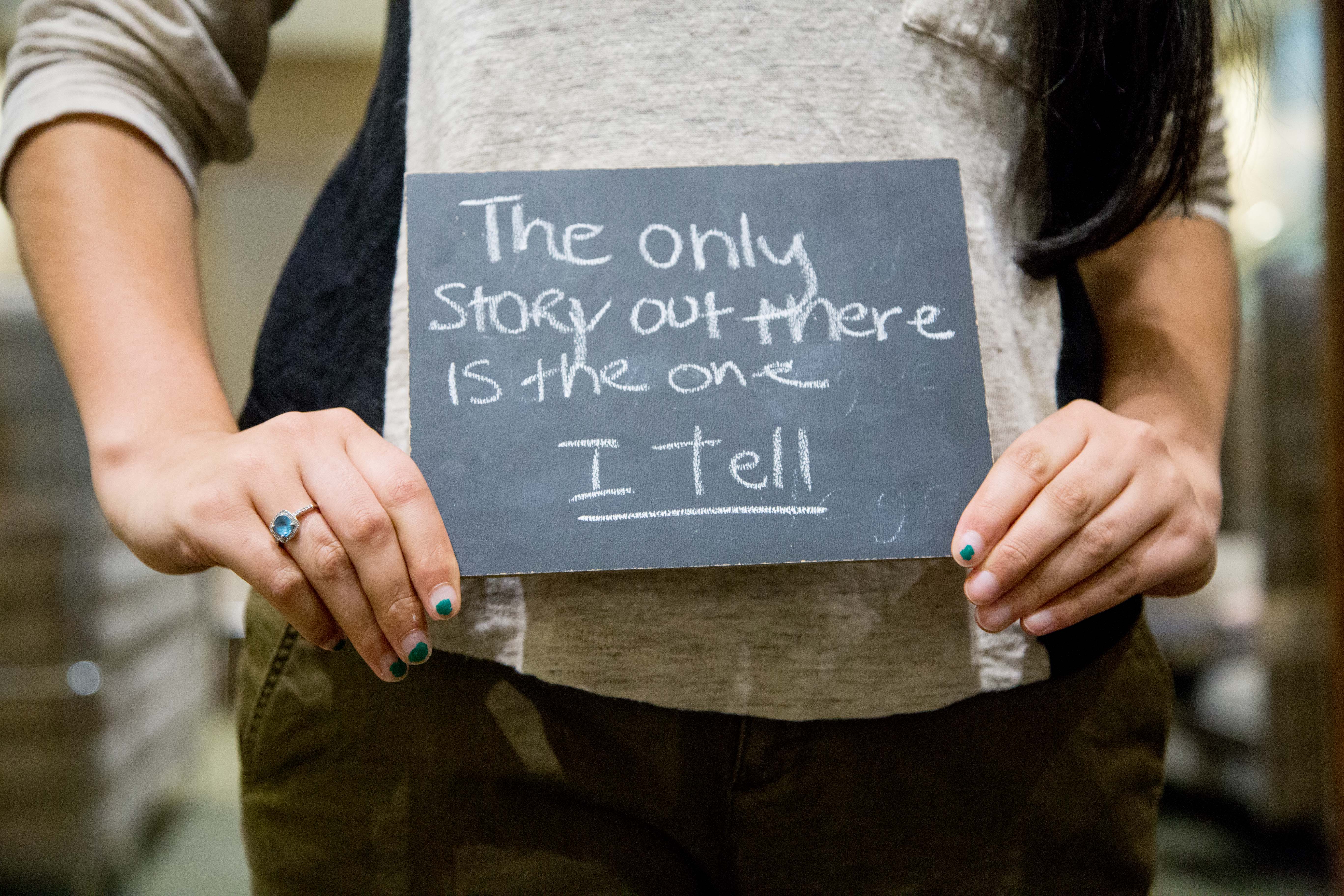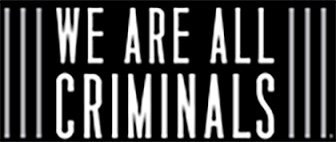From Emily, WAAC’s founder:
Several years ago, I left my job in public defense to work in public policy. I thought that if I change the laws that were so profoundly and disproportionately affecting my clients, I could be a better advocate. A took a job at a legal nonprofit in Minneapolis, Minnesota; my focus was on criminal records.
We held criminal records clinics in the basement of a government building in a drab, windowless room. In this space, men, women, and youth (all poor, predominantly people of color) would wait for hours to speak with an attorney who might help them with an expungement–a second chance that could remove barriers to employment, housing, education, and more.
I’m sure the sun had long since set when in walked our last participant. Anthony was tall, thin, black, and clearly distraught. He walked hesitantly toward me, and as he sat across the table he pulled from his back pocket a copy of his criminal record he had received from a computer terminal upstairs.
Given this man’s clear distress, I nervously opened it–and was thankful to see that it was a theft, and a minor one at that. I let out a short laugh of relief. Even if the judge didn’t expunge the matter, I said, it’s not like your life was over.
At that, Anthony began to cry. He told me that earlier that day, he had considered taking his own life. You see, while it was just a theft to me–to Anthony, it was a lost job, it was missed housing payments, it was skipped meals, it was door after door slammed in his face. It was the loss of respect from his friends and family, the loss of a sense of self, the loss of hope.

Anthony, in his kitchen
Around this same time, I had been driving all around the state, reaching out to employers and landlords, legislators and licensing boards, asking them to create the capacity for second chances.
Time and again I would hear: You can’t trust a con, and Once a criminal, always a criminal.
You see, criminal records create barriers to jobs, housing, education, and countless other opportunities to move on and move up, and not everyone in America is equally affected. Black men are more likely to be arrested, charged, convicted, incarcerated, and plagued by criminal records than their white counterparts. Black women and children, Indigenous People, Latinx, and people in poor communities are also profoundly and disproportionately devastated. For many, especially people of color, the crime becomes who they are, not what they did or were accused of doing; decision-makers use background checks as shortcuts for assessing character and worth.
Once a criminal, always a criminal.
Those words came back to me as I looked at Anthony. I thought: How many times had I taken something that wasn’t mine? Sure, I’d considered my own criminality before—but not like this. I hadn’t really thought about what life would be like in the shadow of that record, the suffocating stigma of being caught. What would life be like if I didn’t have the luxury to forget?
One in four people in the US has a criminal record; I contend that four in four have a criminal history.

For the past few years, I’ve been asking people like me–the 75% of people in the US with criminal histories but no record: What have you had the luxury to forget?
On this site, we at WAAC want to share with you some of those stories. Some are petty, some are serious. Some happened decades ago, others, a bit more recently.
In doing so, we hope to offer a new way of examining the true effects of our criminal and juvenile justice systems upon a person, and the disparate impact of those systems on poor people, people of color, and Indigenous People across the United States.
Now, I travel around the country, speaking to the same people I tried reaching before: the employers and landlords, the legislators and licensing boards, but also now police and probation officers, students, teachers, people of faith, and more. But now, something’s different. More and more, people are opening their doors, their hearts, and their minds and creating the opportunity for second chances.
At every turn, I think of Anthony. We get together every now and then, he makes lunch while I look at photos of his family and take pictures of my own. The last time I saw him, he was dropping me off at a meeting with local policymakers. At a red light, he turned to me and said:
I just keep telling myself: one in four, one in four, one in four. I’m not alone. I’m not broken.
Four in four, four in four, four in four. We may all be criminals, but that’s not all we are.
I couldn’t have said it better, Anthony. Thank you.
For more information on the project and the problem, check out the videos below.

